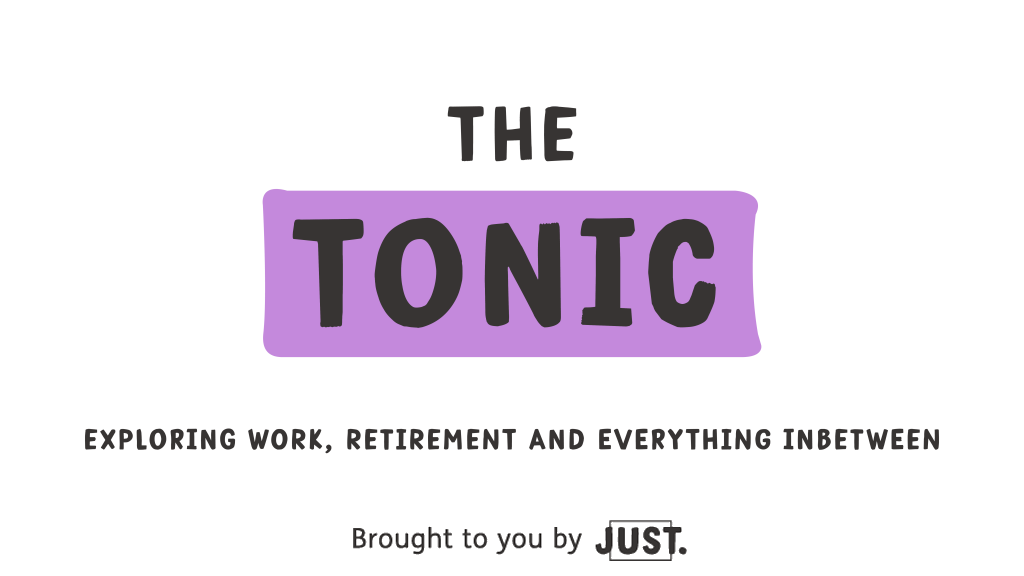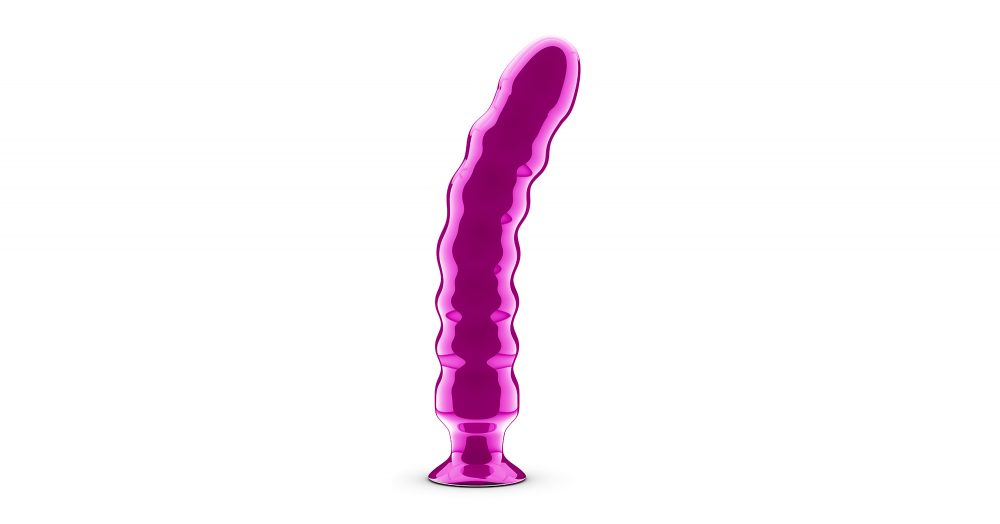Vaginal dryness and a loss of libido don’t exactly make for a fruitful time between the sheets, but experts agree that communication, lubrication and experimentation can all help
Let’s face it, the menopause can be bad enough for women without trying to maintain a healthy sex life.
Every woman experiences it differently, says consultant obstetrician and gynaecologist Miss Moneli Golara from Highgate Private Hospital, and symptoms are largely due to the reduction in oestrogen.
You can get physical and emotional effects of the menopause and it is very person specific, some will get both, or one or the other, and they are often not predictable.
The years during or after menopause may also be the times in which women are dealing with other life events, such as divorce, elderly or poorly parents or empty nest syndrome, compounding the psychological effects of the ‘change’.
All of these things can combine to make bedtime more about sleep and less about sex.
Hormone-replacement therapy, oestrogen pessaries and lubricants such as Sylk or Yes may be prescribed by doctors to address some of the symptoms of the menopause.
Post-menopause, dryness and loss of libido can continue, but the good news is that there are a variety of ways to get things going again.
Ironically, the physical changes that happen to the vagina, which can make intercourse painful, are best solved by having more sex, says Miss Golara. “Sex is like exercise for the vagina: the longer you put it off, the more it will feel tight and uncomfortable.”
The fact that a woman is older can have other benefits sexually: she may be over the emotional hang-ups about how she sounds, looks or tastes
But getting in the mood can be the last thing on your mind if you’re worried about soreness. Dr Andrea Pennington, author of The Orgasm Prescription for Women, says making the effort to think differently about sex will be worth it.
She notes that for people who separate from a partner and then sleep with someone new, ‘everything gets turned back on,’ and that novelty is linked to the brain’s production of the hormone dopamine, which has an important role in arousal.
So if you’re with a long-term partner, Dr Pennington maintains that it’s possible to trick the brain into thinking something new is happening, such as by having sex in different rooms or times of day. Trying a vibrator or dildos may also aid stimulation, and can also help stretch the vagina.
Eating differently can also help the body make more of the sex hormones it needs to feel aroused, says nutritional therapist Nicki Williams. She advocates a diet rich in the right kinds of fats.
“You need fat in your diet to make sex hormones, the steroid hormones that get produced from cholesterol. When people are on very low fat diets, they are not getting that. Low fat diets tend to mean low libido.” She recommends using butter produced by grass-fed cows, eating two tablespoons of flaxseed a day, and avoiding processed food.
Talking can also help bring your sex life back on track, and partners should not be concerned that a woman’s vaginal dryness is due to a lack of attraction to them. Men and women should try to have open conversations about the changes their partner is going – or has been – through, says Dr Pennington.
It’s also good to acknowledge that becoming aroused and having an orgasm may take longer after the menopause, she adds.
However, the fact that a woman is older can have other benefits sexually. “She may be over the emotional hang-ups about how she sounds, looks or tastes. She may be less worried about having babies, and feel more confident and able to surrender.”
Sue, 58, a writer from Cornwall: “My sex life is better than when I was younger”


“I didn’t have a particularly awful menopause like a lot of people. I had hot flushes but nothing I couldn’t live with, so I didn’t have to go on HRT. There’s a lot of stuff [in the press saying] ‘the menopause wrecks your sex life,’ but for me, it didn’t happen that way at all. Perhaps I was extremely fortunate.
Because my husband was a lot older and he was very poorly, we hadn’t had sex for quite a long time while I was going through the menopause. Sadly, he died, and I met someone else. It was really nice resuming my sex life.
I do have some dryness, and I found some very good oestrogen cream, which you whack it up like you would Canesten cream, and that works a treat. It does get a bit frothy sometimes.
My partner is fine with that. He just wants me to enjoy sex as much as he does, so as far as he’s concerned, everything that helps is good.
There seems to have been a lot more written about the menopause over the past five to 10 years. The trouble is that everyone experiences it so differently. I do know people who have had terrible hot flushes they take medication for.
I think on the whole my sex life is better than when I was younger. As you get older, you find out more about what you want and what you like. I have just as much fun, certainly.
Younger people tend to think that no one over 40 ever has sex, or certainly enjoy it, but I thoroughly enjoy our sex life.
I would say to go and see your GP if you’re suffering, and if you’re not satisfied, get some other help because whatever problems you’re having there is a way to get around them. Ask to be referred to a gynaecologist or a consultant.”





Add comment